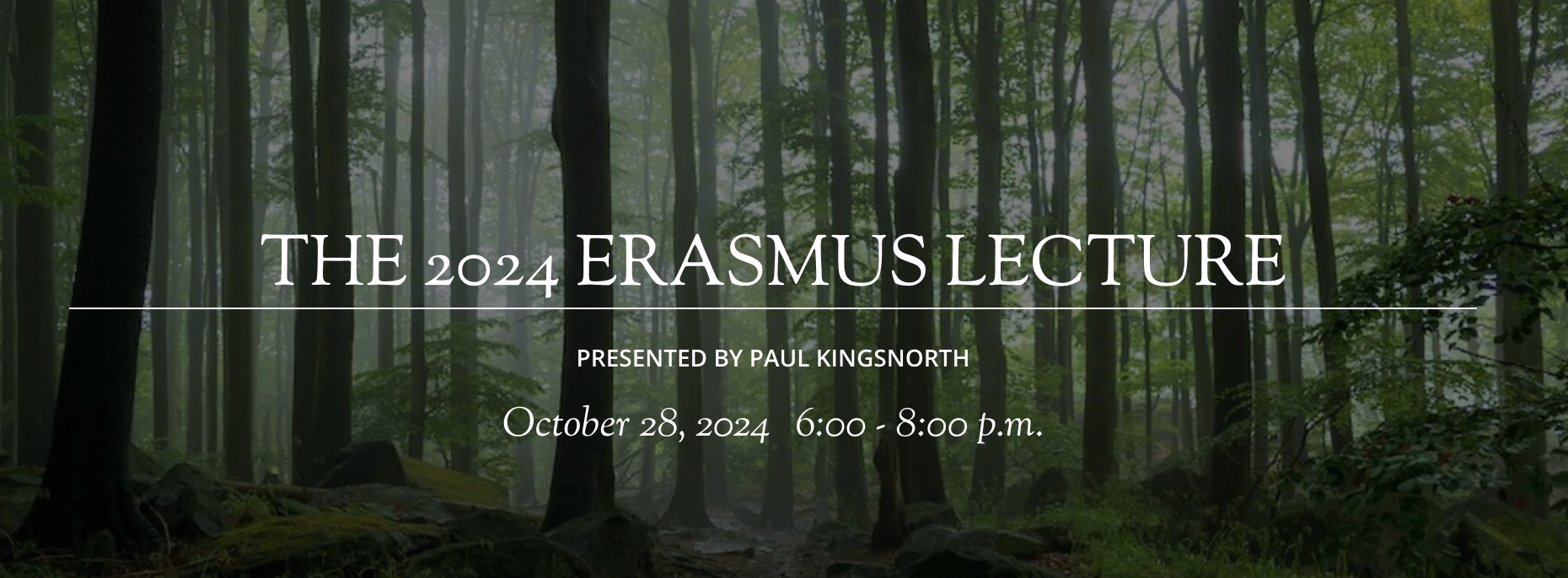Paul Kingsnorth recently delivered the annual Erasmus Lecture with First Things at the Union League in New York. It was a barn burner.
The transcript will be coming in time, I'm sure, so when it publishes you'll want to read it. Until then, you can always watch Kingsnorth deliver it. The lecture begins around the 28 minute mark.
Login to read more
Sign in or create a free account to access Subscriber-only content.
Topics:
